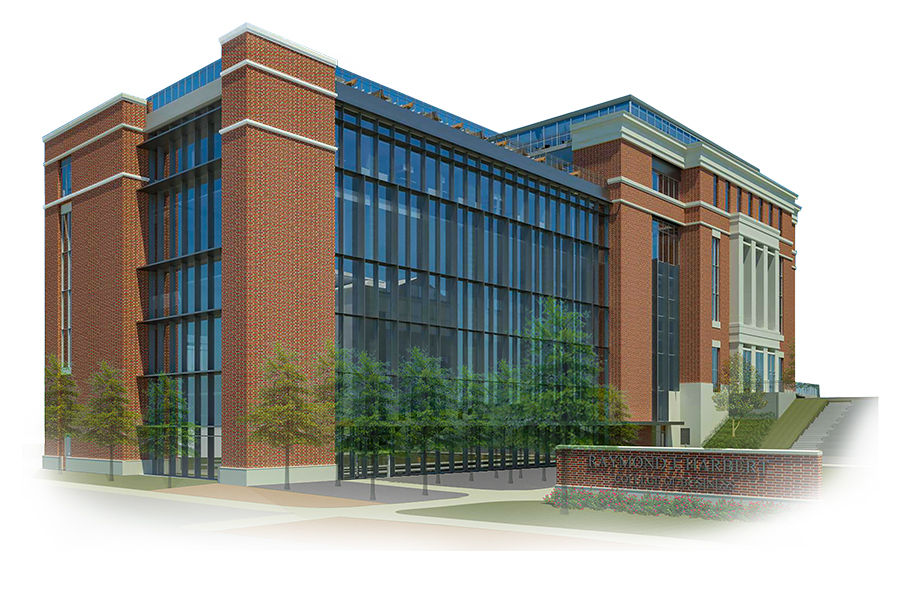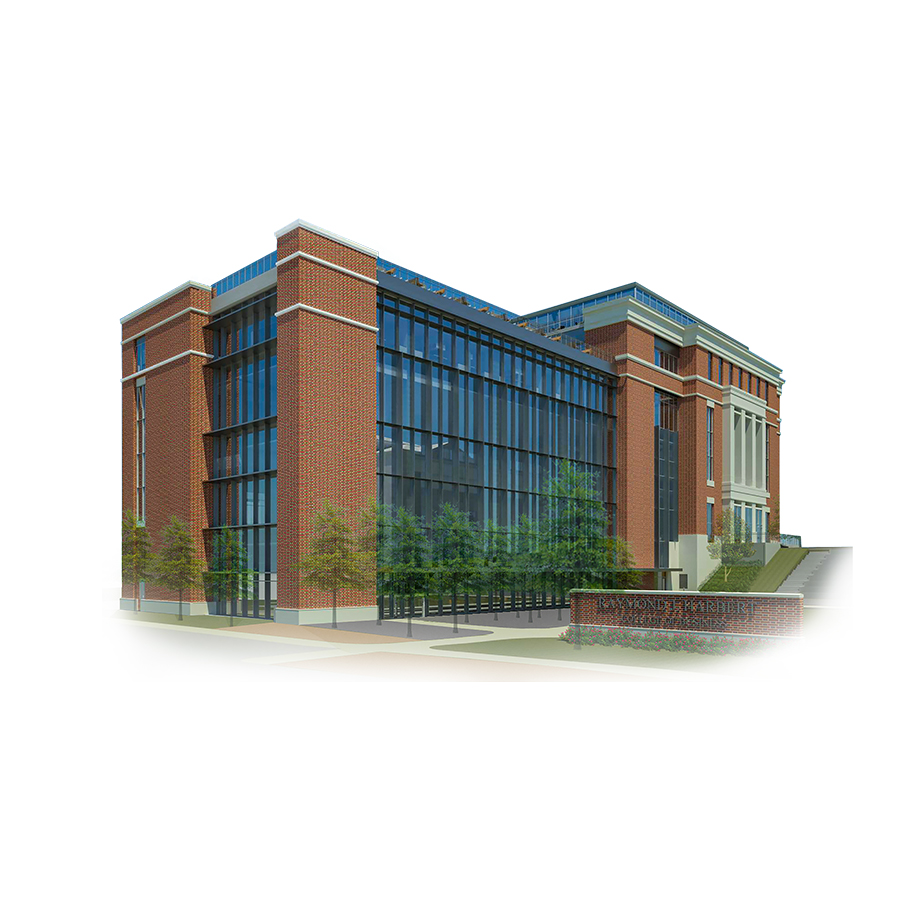 In 1943, shortly after the German Blitzkrieg destroyed the Common Chamber of Parliament, Winston Churchill said, “We shape our buildings and afterwards, our buildings shape us.” Churchill was referring to the U-shaped layout of the Chamber, which enables parliamentary debate to occur directly across a central aisle, face-to-face, as we might do across a family dinner table. Its benches are like stadium seating, so everyone has a clear view of the field.
In 1943, shortly after the German Blitzkrieg destroyed the Common Chamber of Parliament, Winston Churchill said, “We shape our buildings and afterwards, our buildings shape us.” Churchill was referring to the U-shaped layout of the Chamber, which enables parliamentary debate to occur directly across a central aisle, face-to-face, as we might do across a family dinner table. Its benches are like stadium seating, so everyone has a clear view of the field.
Churchill’s statement encapsulates the core of an emerging branch of neuroscience called neuro-architecture. This multidisciplinary field, involving technology, science, and design, seeks to understand how humans perceive and experience a built environment. Architecture can have profound effects on our mood, health, productivity, and sense of well-being.
As these fields have advanced, interdisciplinary research has created new discussions of architecture that go beyond aesthetics and into sustainability, wellness, livability, and community building.
As with the House of Commons, a building can shape personal space to increase face-to-face encounters, thereby creating bridges of collaboration and cooperation. Access to natural light, views, and open space, in either professional or educational settings, has also proven to relieve users’ stress, improve their concentration, increase their productivity, and improve their health.
In many ways, the new Graduate Business Building under construction adjacent to Lowder Hall renews traditions of campus planning found in the Quad Dorms and other early groups of buildings on Auburn’s campus.
The addition of the new building to the Harbert College of Business creates a complex in which the two buildings exist independently, but are bound into a complex with a unique identity. The Harbert College of Business is now a campus, a lantern, a beacon.
Michael Robinson
Professor of Architecture and Landscape Architecture, the R. Hugh Daniel Endowed Chair in Real Estate Development, and the director of the Master of Real Estate Development Program.

